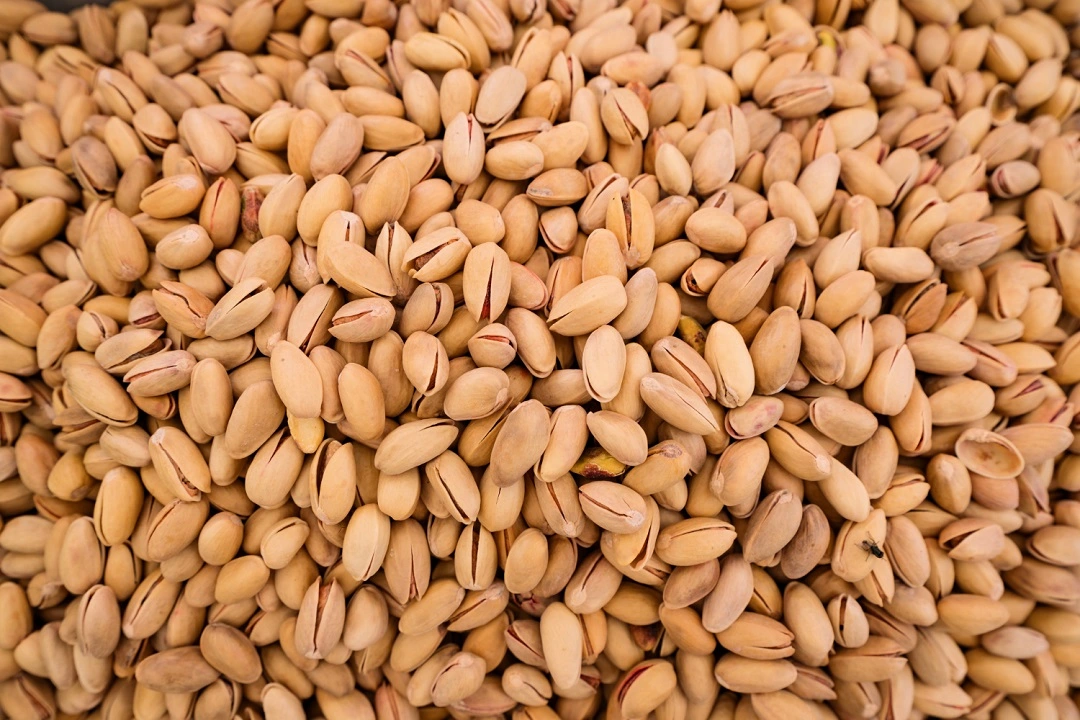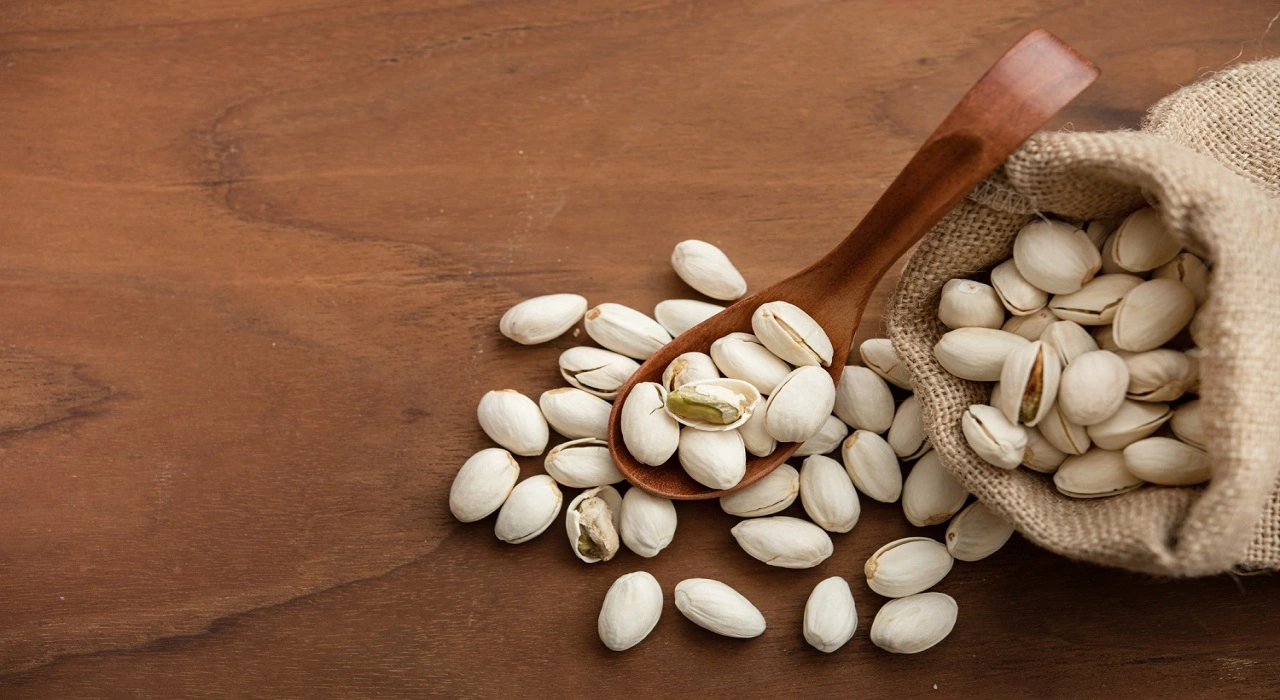Introduction
Pistachios are not just a tasty snack; they are a powerhouse of nutrients and have a rich history that dates back thousands of years. In this blog post, we will explore the world of pistachio, from their origins to their health benefits, and why they are a perfect addition to your diet. So grab a handful of these green gems and read on!
The Origins of Pistachios
Pistachios have a storied history that goes back more than 9,000 years. Originating from the Middle East, particularly Iran and surrounding regions, these nuts were a staple in the diet of ancient civilizations. They were prized for their unique taste and long shelf life, making them an ideal travel snack for merchants and explorers.

Nutritional Powerhouse
One of the main reasons pistachios are so popular today is their impressive nutritional profile. These small nuts are packed with essential nutrients, including:
- Protein: Pistachios are an excellent source of plant-based protein, making them a great option for vegetarians and vegans.
- Healthy Fats: They contain heart-healthy monounsaturated and polyunsaturated fats, which can help reduce bad cholesterol levels.
- Fiber: A serving of pistachio provides a good amount of dietary fiber, aiding in digestion and keeping you feeling full longer.
- Vitamins and Minerals: Pistachios are rich in vitamins B6 and E, potassium, magnesium, and iron, all of which are vital for maintaining overall health.
Health Benefits of Pistachios
Incorporating pistachios into your diet can offer numerous health benefits:
1. Heart Health
The healthy fats in pistachios can help lower LDL (bad) cholesterol and increase HDL (good) cholesterol, reducing the risk of heart disease.
2. Weight Management
Despite being calorie-dense, pistachio can aid in weight management. Their high protein and fiber content help you feel satiated, preventing overeating.
3. Blood Sugar Control
Pistachios have a low glycemic index, making them a suitable snack for people with diabetes. They can help regulate blood sugar levels when consumed as part of a balanced diet.
4. Eye Health
The antioxidants lutein and zeaxanthin found in pistachio support eye health by protecting against age-related macular degeneration.
5. Gut Health
The fiber in pistachio promotes the growth of healthy gut bacteria, improving digestion and overall gut health.
How to Enjoy Pistachios
There are countless ways to enjoy pistachios. Here are a few ideas to get you started:
- Snacking: Enjoy them straight out of the shell for a quick and healthy snack.
- Salads: Add shelled pistachio to your salads for a delightful crunch and a boost of nutrition.
- Baking: Incorporate chopped pistachio into your favorite baked goods, like cookies and muffins, for added texture and flavor.
- Cooking: Use pistachio as a crust for fish or chicken to create a unique and flavorful dish.
- Desserts: Sprinkle pistachios over ice cream or yogurt for a delicious and nutritious topping.
Buying and Storing Pistachios
When buying pistachio, look for ones that are still in their shells, as they tend to be fresher and retain their flavor better. Store them in an airtight container in a cool, dry place to keep them fresh. If you buy shelled pistachios, consider keeping them in the refrigerator to extend their shelf life.
Frequently Asked Questions About Pistachios
Q1. Are pistachios good for weight loss?
Yes, despite their calorie content, pistachio can aid in weight loss due to their high protein and fiber content, which helps keep you full and satisfied.
Q2. Can I eat pistachios if I have a nut allergy?
Pistachio are tree nuts, so if you have a nut allergy, it’s best to avoid them and consult with your doctor.
Q3. How many pistachio should I eat in a day?
A serving size of pistachio is about 1 ounce, or 49 nuts. Eating this amount daily can provide health benefits without excessive calorie intake.
Q4. Are there any side effects of eating pistachios?
Eating pistachio in moderation is generally safe. However, overconsumption can lead to digestive issues due to their high fiber content.
Q5. Can pistachio improve my skin health?
Yes, the vitamin E and antioxidants in pistachios can help protect your skin from damage and promote a healthy complexion.
Q6. Are roasted pistachio as healthy as raw ones?
Roasted pistachio can be just as healthy as raw ones, but be mindful of added salt or oils. Opt for unsalted or lightly salted varieties.
Q7. Can pistachio help lower cholesterol?
Yes, the healthy fats in pistachio can help lower LDL (bad) cholesterol and increase HDL (good) cholesterol, improving heart health.
Q8. Are pistachio suitable for people with diabetes?
Yes, pistachio have a low glycemic index and can help regulate blood sugar levels when included in a balanced diet.
Q9. Do pistachio contain any antioxidants?
Yes, pistachio are rich in antioxidants like lutein and zeaxanthin, which support eye health and protect against cellular damage.
Q10. How can I incorporate more pistachio into my diet?
You can snack on pistachios, add them to salads and baked goods, use them as a crust for meats, or sprinkle them over desserts for added flavor and nutrition.
Pistachios are a delicious and versatile nut that can enhance your diet in many ways. From their rich history to their impressive health benefits, there’s no reason not to include them in your daily routine. Whether you’re looking to improve your heart health, manage your weight, or simply enjoy a tasty snack, pistachio are a smart choice. So go ahead, crack open a shell, and enjoy the mighty pistachio!
